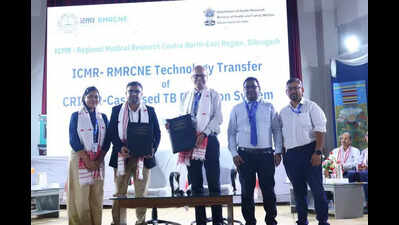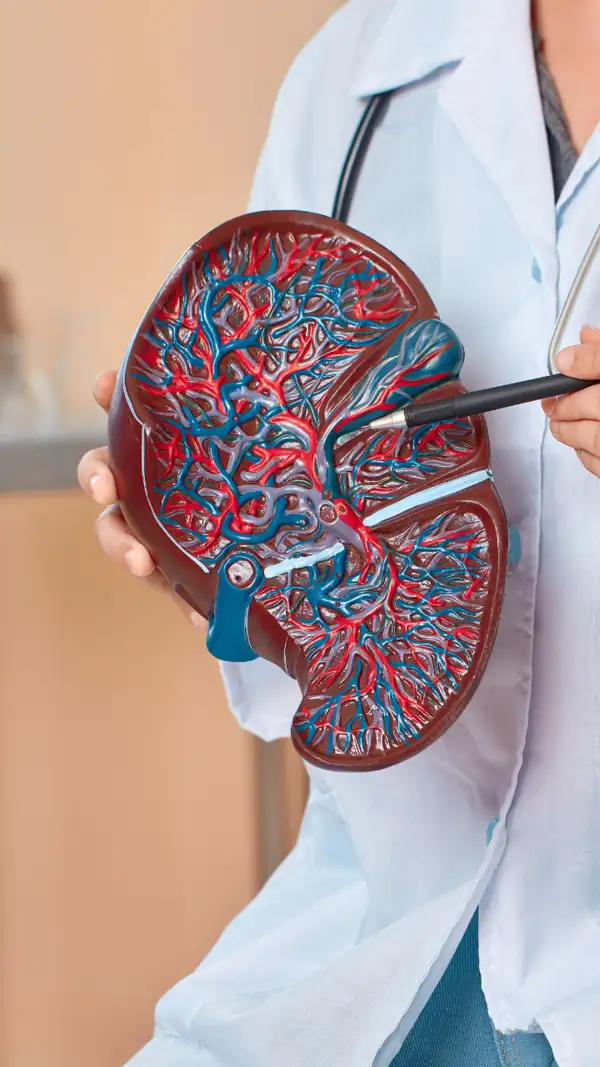- News
- City News
- guwahati News
- ICMR-RMRC’s breakthrough TB tech set for nat’l rollout
Trending
ICMR-RMRC’s breakthrough TB tech set for nat’l rollout
Dibrugarh: Looking to further India's efforts to eliminate tuberculosis, the ICMR-Regional Medical Research Centre, North East (ICMR-RMRC NE), Dibrugarh, on Wednesday transferred its groundbreaking CRISPR-Cas diagnostic technology to Meril Diagnostics Pvt Ltd for commercial distribution across the country.
The agreement, formalised through a Memorandum of Agreement (MoA), between Dr Subarna Roy, director (additional charge) of ICMR-RMRC NE, and representatives from Meril Diagnostics aims to revolutionise TB detection with its affordability, speed and high accuracy.
The diagnostic system, entirely conceptualised and developed at the Dibrugarh-based institute, features three complementary components. The RapidBact DNA extraction kit processes sputum samples in approximately 25 minutes, providing test-ready DNA at minimal cost. The Glow-TBPCR detection kit offers sensitivity exceeding current standard tests, capable of identifying two TB-related genes with built-in accuracy controls in just three hours. Completing the system is the portable RapidGlow device, with the accompanying RGLOW software, which maintains optimal testing conditions and can process multiple samples simultaneously.
"This innovation bridges high-end molecular biology with real-world field utility. We're proud to contribute a Made-In-india solution for a disease that remains a major national health challenge and we believe this technology will be a crucial tool in achieving India's goal of TB elimination," said Dr Md Atique Ahmed, scientist and principal investigator, who led the development team.
"As India intensifies its TB elimination campaign, accessible diagnostics that can reach remote communities are essential. This technology represents a perfect example of how regional research can contribute to national health priorities," Dr Roy said.
End of Article
Follow Us On Social Media











